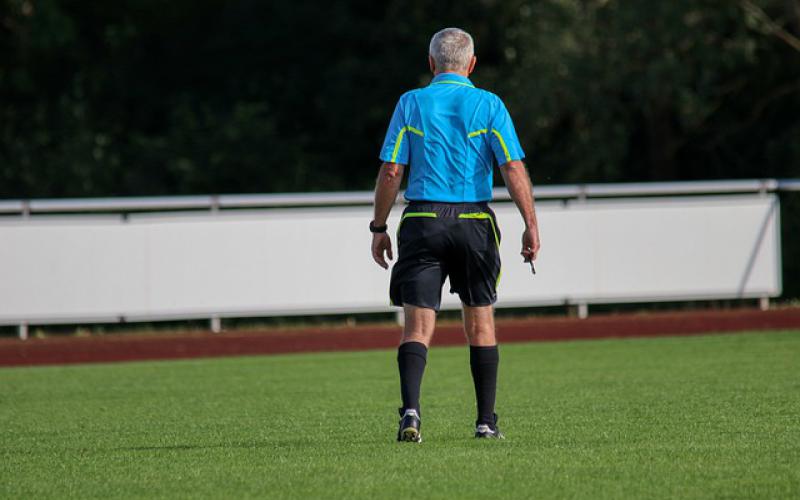
That was the essence of a question asked at the Minnesota State Bar Association Alternative Dispute Resolution Section presentation on April 11, 2023 with about 60 attendees on zoom. Mediation and conflict resolution as well as mediation and negotiation need to be concerned about perceptions and reality. The topic from the session was on White Supremacy, Racism, and Mediation with distinguished commentary from Sharon Press, Ellen Deason, and Isablee Gunning. I may not have captured everything correctly that I am presenting here, but these are major take aways from my perspective and some practical applications that I am going to test in the future.
Definitions
Here are some definitions the speakers offered for our consideration at the start of the session.
“White Supremacy: Supremacy is more than the idea that whites are superior to people of color, it is the deeper premise that supports the idea – the definition of whites as the norm or standard for human and people of color as a deviation from that norm.” Robin DiAngelo, White Fragility (2018)
“Racism exists when a racial group’s collective prejudice is backed by the power of legal authority and institutional control. Racism is a structure not an event.”
“Prejudice: feelings, stereotypes and generalizations about another person based on their membership in social groups. It is based on pre-judgment based on little experience with an individual that is projected onto everyone from the group.”
“Anti-racism from Ibram Kendi: The term anti-racist, has historically been a term of denial. … when charged with being racist , they typically say, “No, I’m not racist.” When you have a society with racial inequality as the norm to do nothing in the face of that norm is to allow that norm to persist, is to essentially be racist. And so yes, indeed, people who are antiracist are people who are literally challenging the norm. And you can’t challenge the norm by doing nothing.”
When the audience was asked to differentiate between being neutral and being impartial, we provided wide answers with no consensus. It turns out the literature has similar concerns. I personally viewed being neutral as passive and being impartial as an active process. As mediators in Minnesota our Code of Ethics requires Alternative Dispute Resolution neutrals to be impartial. “Impartiality means freedom from favoritism or bias either by word or action, and a commitment to serve all parties as opposed to a single party.”
In Minnesota “A mediator shall act in a manner that recognizes that mediation is based on the principle of self-determination by the parties.” So, is there a link between impartiality and self-determination?
A look at the real world
In the ideal world the power is roughly equal. In the real world with racism and with systems that have been built with white supremacy, the parties are not equal. As an example, I have been mediating since 2004 essentially twice a month in Ramsey County Housing Court. As a generalization the landlord is either present or more often has an attorney representing the landlord. In my experience these are nearly all white. By comparison, the tenants in Housing Court are largely of color. The system is set up for the landlord to demand payment today or the tenant can be evicted in two days in no children, and seven days if there are minors under the age of 18. In today’s market that means they are for all practical purposes about to become homeless if they cannot pay in court that day.
Some landlords simply want, or they direct their attorney to carry out the law resulting in eviction and an unlawful detainer on the tenant’s record and credit report for the next seven years. That unlawful detainer affects the tenant’s ability to find a place to rent and it negatively impacts their credit score. You can see who has the power in this situation.
What does a mediator do?
The mediator promotes neutrality by being impartial. Mediation is confidential. The mediator facilitates the discussion. The parties make the decisions. If there is an agreement the mediator writes it up and this is presented before the referee. If there is no agreement the referee will decide the case.
So, how can the mediator help with the situation? First off, from this training I took I am going to offer some new language at the start of the mediation process. This is going to be a test. The verbiage I am going to offer besides addressing the commentary presented above will now include the following commentary.
In mediation the mediator promotes neutrality by being impartial.
I am here to respect everyone and to be fair to all.
I do not assume from my experiences to know your experiences.
Why? I realize the system is set for the party in power, the landlord. I want to assure the tenant that I am here to be fair to all with a system that is stacked against the tenant. What can I do? I can listen and ask questions. Once all of the facts are on the table may a payment plan work to pay off the debt? Can an eviction date be postponed beyond 2 or 7 days? Can the unlawful detainer be removed if the tenant meets the terms of the agreement? Can the unlawful detainer be kept confidential as long as payments are being made? These are not all inclusive but representative of questions that can be asked to see if the situation can be looked at more broadly by all concerned.
As an experienced mediator with over 2,500 examples over more than 30 years, I know I never stop learning. I am going to test these statements and challenge myself to be a better unbiased mediator. Hopefully, this information can help you to look at things differently and learn something too. Let me know what you think.
